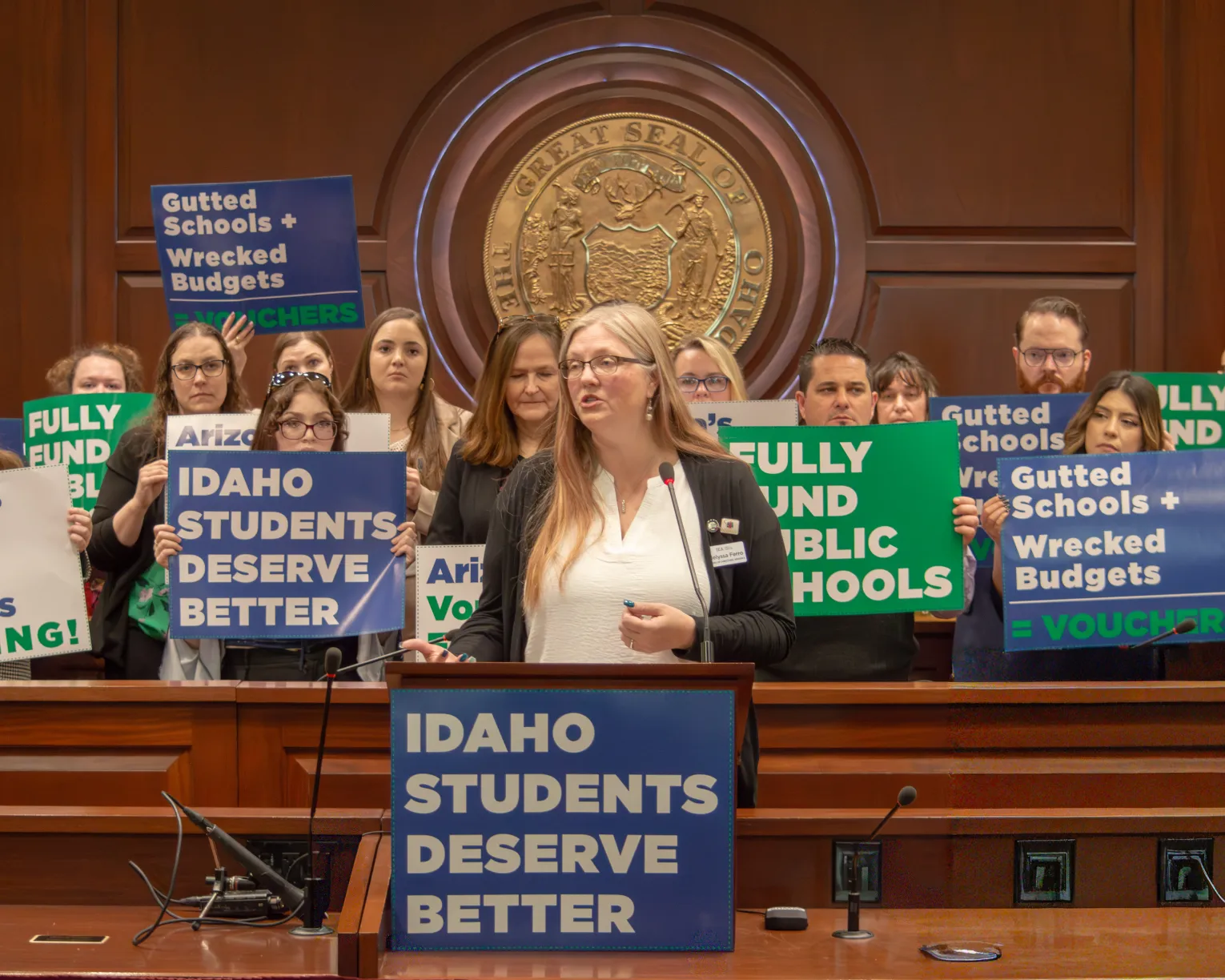Idaho students confront mental health challenges that previous generations can only imagine. Even before the COVID-19 pandemic exacerbated our children’s mental health issues, Idaho students reported feelings of loneliness and anxiety.
Students enduring mental health issues are more likely to display behavioral problems when their emotions become overwhelming and unmanageable. And when Idaho children suffering from mental health issues act out in the classroom or on school grounds, our educators are forced to serve as de facto first responders.
It’s not hyperbole to say this issue is a matter of life and death: When young people receive mental health assistance early on, they are less likely to engage in destructive self-harm or heartbreaking suicide.
Why It Matters
Students are 10 times more likely to seek help when mental-health support is available in school. When support is missing, consequences begin early: pre-K classrooms without access to mental-health professionals have 89% higher expulsion rates, and first-graders at risk for mental-health challenges experience a 5% drop in academic performance within two years.
Source: Child Mind Institute
The United States is not on track to meet student mental health needs. By 2036, the nation will fill only 89% of the school counselors needed, leaving too many students without timely access to support. Without more investment in school-based mental-health professionals, shortages will continue to harm students’ well-being and learning.
Mental-health challenges emerge young and affect learning, behavior, and life outcomes. One in five children lives with a mental-health or learning disorder, and 80% of chronic mental-health conditions begin in childhood. Early support matters, and schools cannot meet the need without resources.

Why We Care
Idaho’s chronic underfunding of public education places an incomprehensible burden on educators and administrators who must manage their students’ mental health without proper training or resources. The state’s consistent lack of support also disrupts learning for other students: When a student interrupts lessons or consumes a teacher’s focus, the entire class suffers.
Our schools need a solutions-oriented approach that focuses on preventing violence, disruptive behaviors, depression, anxiety and student suicide. With greater mental health resources, we can help students manage their emotions, prevent learning loss — and save student lives.
By The Numbers
Frequently Asked Questions
Contact Now

